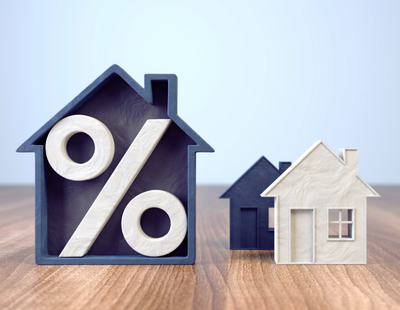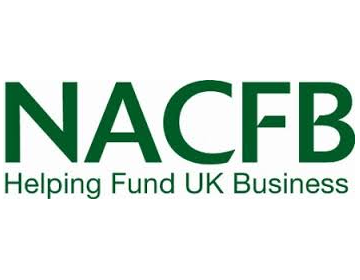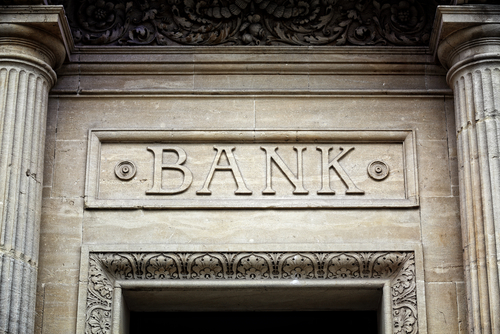
There’s a warning that the general election campaign will probably mean that the interest rate cuts hoped for in June will now be deferred by the Bank of England.
Nicholas Mendes, mortgage director at John Charcol, says an election significantly impact mortgage rates, often indirectly, through its influence on economic conditions, investor confidence, and monetary policy decisions.
He says: “During the run-up to an election, uncertainty about the future political landscape typically causes financial market fluctuations. This instability can prompt lenders to adopt a more cautious approach, potentially delaying significant rate reductions until the economic outlook becomes clearer. Once the election results are known, the outcome can either alleviate or exacerbate market uncertainties.
“A decisive victory and a clear mandate for the winning party often lead to increased economic confidence and stability, which, coupled with falling inflation and future bank rate reductions being priced into swaps, can positively influence financial markets and mortgage rates.
“While a June bank rate cut looks doubtful, the prospects of further rate cuts from August seem more likely, given the Monetary Policy Committees view on making significant changes during an election period.”
Mendes suggests that the policies of the winning party also play a crucial role in shaping mortgage rates.
“If the new government implements measures aimed at stimulating the housing market, such as tax incentives for homebuyers or reforms to mortgage regulations, it can influence lenders' products. For example, the impact of the stamp duty holiday and Help to Buy scheme supported the first-time buyer market and the property market in the past. Policies that promote economic growth and stability generally lead to lower mortgage rates, as lenders feel more secure in a robust economic environment.”
The Bank of England’s monetary policy is another critical factor influenced by election outcomes.
Mendes continues: “The new government's fiscal policy approach can affect the central bank's interest rate decisions, which are a primary determinant of mortgage rates. A government adopting expansive fiscal policies might lead the Bank of England to raise interest rates to curb inflation, resulting in higher mortgage rates. Conversely, a government focused on austerity and reducing public debt might support lower interest rates, making mortgages more affordable.
Let’s not remind ourselves of how markets react to government fiscal policy of the past.”
Meanwhile Tim Bannister, Rightmove’s property expert, says the housing market, too, might slow. “It’s taking over seven months to move on average and we’re still seeing pent up demand from last year flowing through into 2024. This means that, for many, the desire to get on with moving is likely to outweigh waiting to see what new policies the government could bring in.
“An election in the summer, when the market is traditionally slower, could have less impact on housing market activity than if one had been called for the Autumn. So, as we head towards this election, the housing market is likely to stay active, with activity ramping up once the election is over and things become clearer. It could mean that we’re gearing up for a stronger than usual August, especially if we see interest rates finally start to fall.”




















Join the conversation
Be the first to comment (please use the comment box below)
Please login to comment